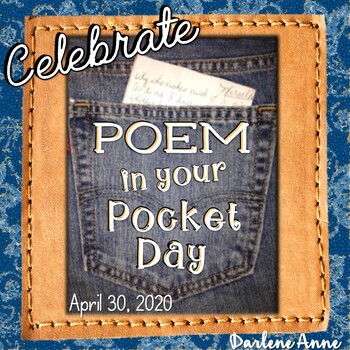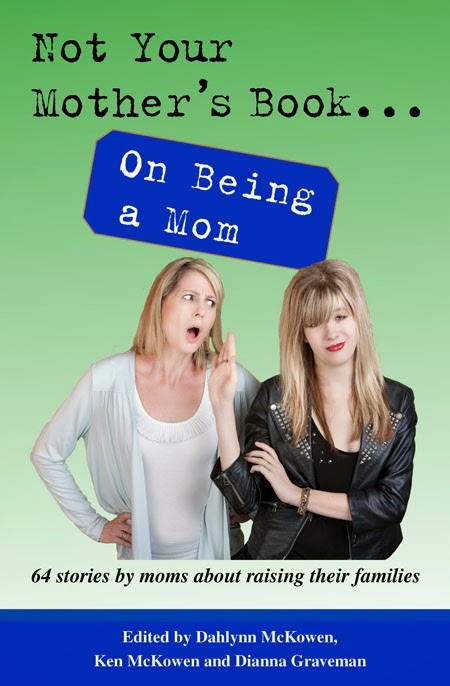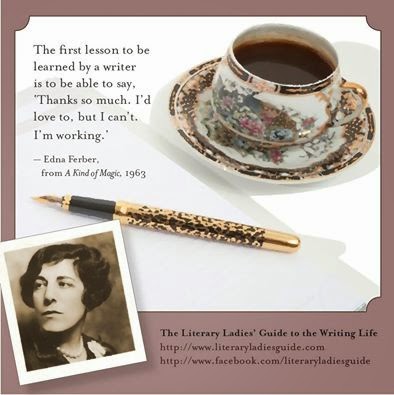I used this lovely springtime photo poster at the beginning of this first full month of spring. Was it only 30 days ago? Today, we should be saying Good-bye April. I searched and I did find a poster saying exactly that. You'll find it at the end of today's post.
But what is in-between the Hello and Good-bye to April? It's all about Time. Look how very quickly this past thirty days has gone by. What have you accomplished in your writing life during that period? Are you proud of all that you did regarding writing this month or are you wishing you had some of those days back again so you could plunge headfirst into the project you neglected?
It might be a bit of both for many of us, and I do include myself in that. Sometimes, I feel like I'm preaching this and that to other writers but I should listen to myself, as well. When I ask if you did this or that and wished you'd really done this or that, I definitely include me. There is no perfect person nor is there any perfect writer.
We're flawed in various ways. Use of our time for writing is only one on the list. Using April 2015 as a self-check, ask yourself these questions:
1. Did I take full advantage of time alloted to writing?
2. Did I fritter away time I might have used for writing?
3. Did I place other things and other people higher than my writing time? (not to worry if you did as there are times when we all need to do this!)
4. Did I start a new writing project?
5. Did I make at least one submission this month?
6. Did I update my writing records?
7. Did I feel inspired to write this month?
8. Should I set a higher goal for next month?
May is almost upon us and delivers 31 days for you and me to do our best to write, to submit, to gather in the various rewards that might be due us. Set yourself a goal for these next 31 days but remember to make it attainable, not something that is so high in the sky you'll never reach it.
And now, it is time to say:














